Blog
-
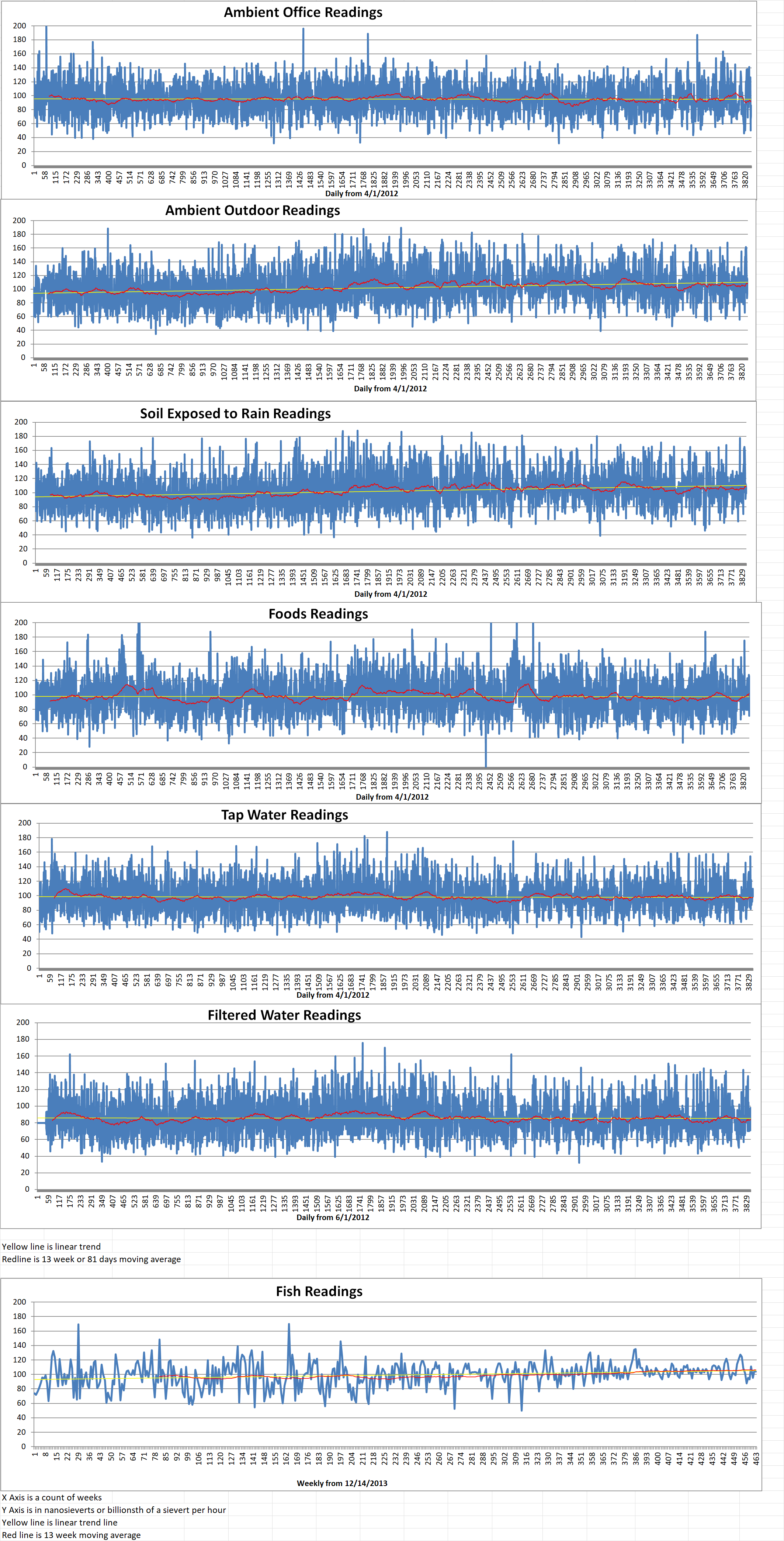
Geiger Readings for Jan 16, 2023
Ambient office = 86 nanosieverts per hour
Ambient outside = 99 nanosieverts per hour
Soil exposed to rain water = 99 nanosieverts per hour
Avocado from Central Market = 126 nanosieverts per hour
Tap water = 108 nanosieverts per hour
Filter water = 79 nanosieverts per hour
-
Nuclear News Roundup Jan 15, 2023
French nuclear, hydropower availability down 12% as strike gets under way marketescreener.com
Krško extension approved, after environmental impact assessment world-nuclear-news.org
NANO Nuclear Energy financialbuzz.com
Energy start-up is next stage for Mochovce 3 launch world-nuclear-news.org
-

Geiger Readings for Jan 15, 2023
Ambient office = 80 nanosieverts per hour
Ambient outside = 109 nanosieverts per hour
Soil exposed to rain water = 104 nanosieverts per hour
Tomato from Central Market = 82 nanosieverts per hour
Tap water = 109 nanosieverts per hour
Filter water = 98 nanosieverts per hour
-
Nuclear News Roundup Jan 14, 2023
Israel has 3 plans to ‘neutralize’ Iran’s nuclear program – army chief i24news.tv
Korean nuclear suppliers team up for export drive world-nuclear-news.org
Decades-old nuclear bomb set to be disposed at Kirtland Air Force Base krqe.com
Slovenia to start building nuclear waste disposal site in 2023 – report seenews.com
-
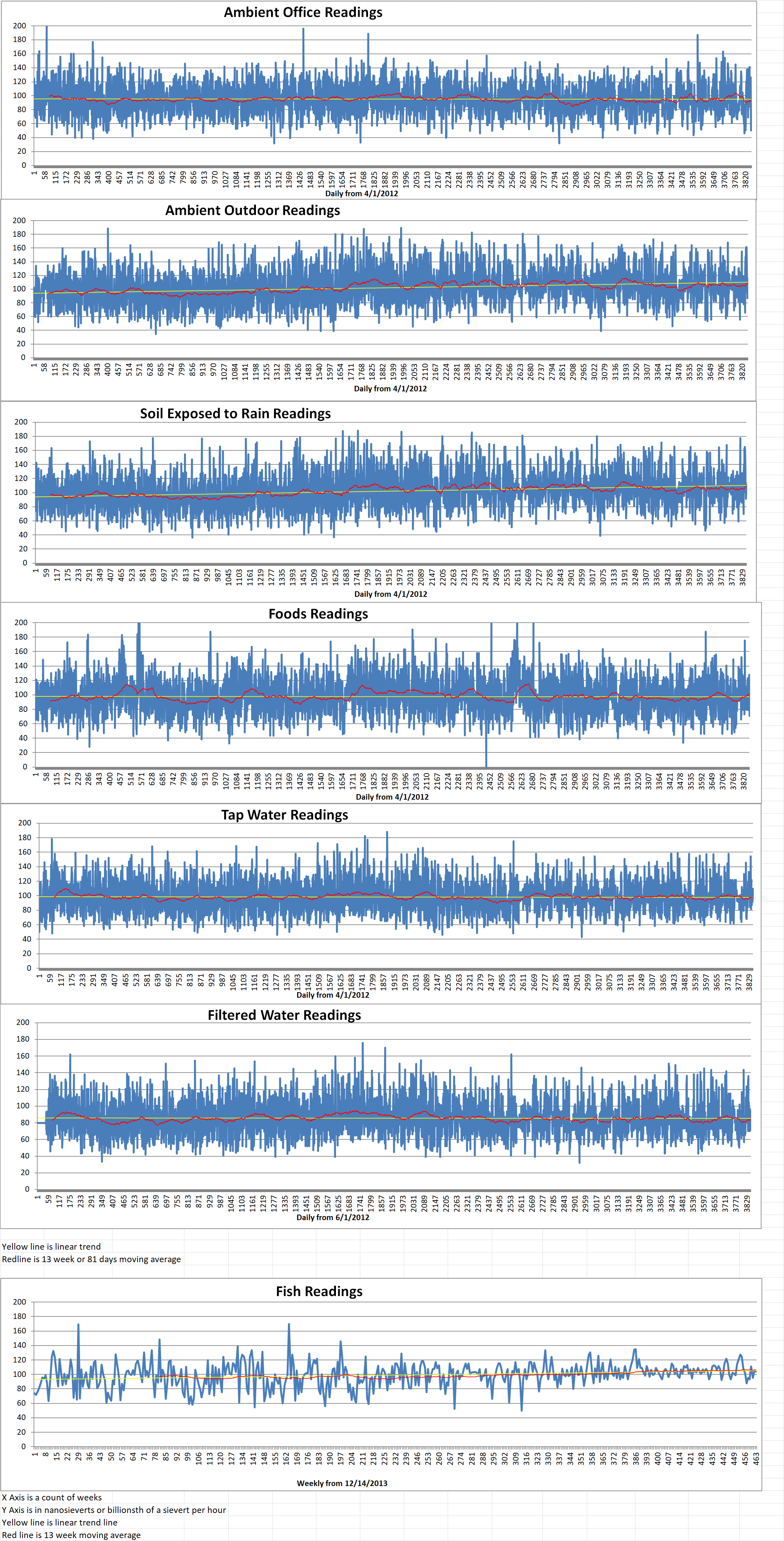
Geiger Readings for Jan 14, 2023
Ambient office = 73 nanosieverts per hour
Ambient outside = 115 nanosieverts per hour
Soil exposed to rain water = 111 nanosieverts per hour
Shallots from Central Market = 71 nanosieverts per hour
Tap water = 99 nanosieverts per hour
Filter water = 71 nanosieverts per hour
Dover Sole from Central = 104 nanosieverts per hour
-
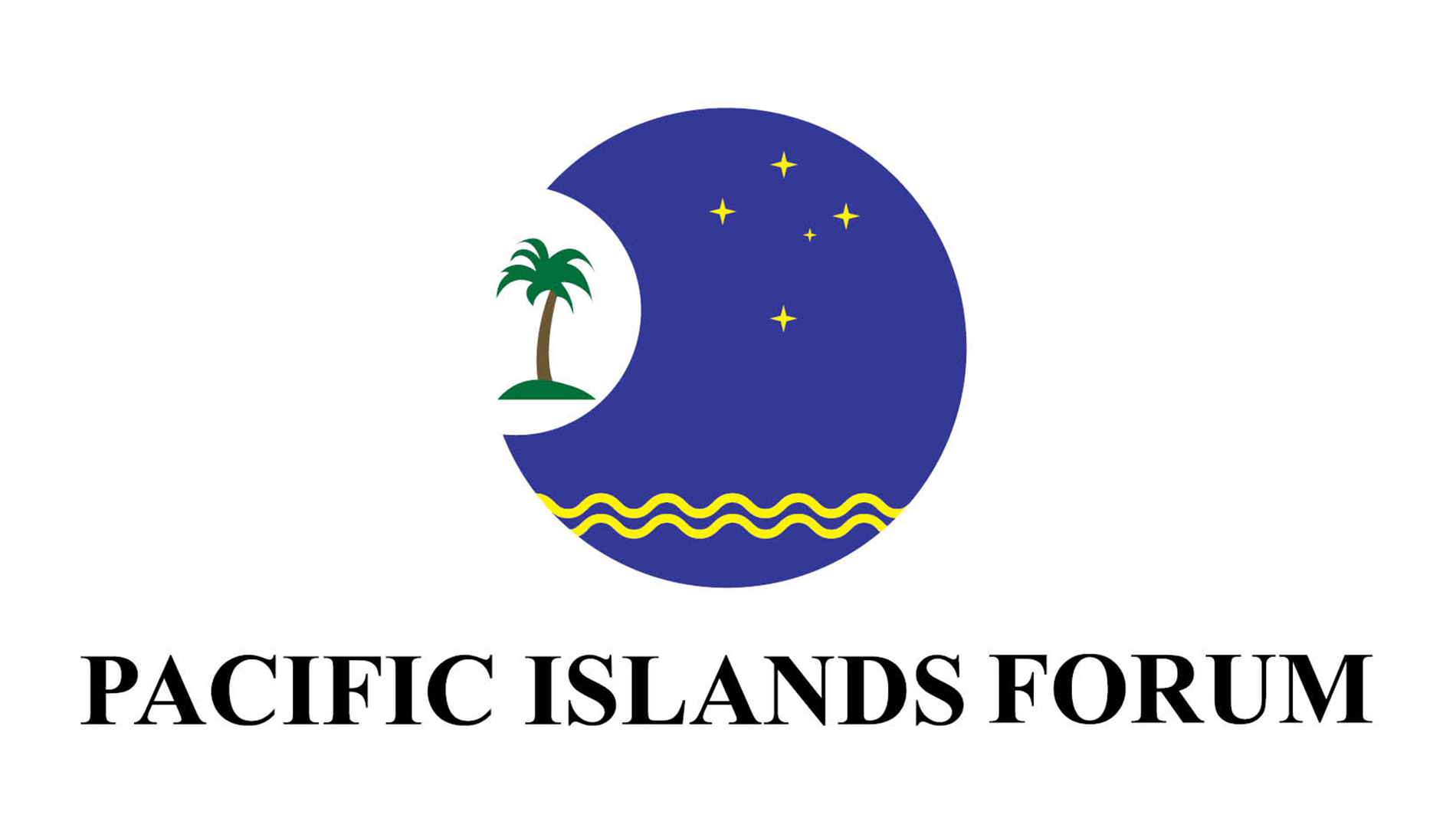
Radioactive Waste 885 – Pacific Islands Forum Is Concerned About Japanese Plans To Dump Wastewater From Fukushima Into The Pacific Ocean – Part 2 of 2 Parts
Part 2 of 2 Parts (Please read Part 1 first)
There are twenty-one current partners in the Forum Dialogue Partnership program. It was established by Forum leaders in 1989 to invite selected countries outside of the Pacific Islands region with significant cooperation and engagement and political or economic interests, to take part in a dialogue with Forum Leaders. Other Partners include the U.S., China, the U.K., France and the European Union.
There are six criteria which must be met in order for Japan to maintain their membership in the Pacific Islands Forum Dialogue Partnership program. When he was questioned about whether Japan meets all of the criteria, Henry Puna supplied some insights into what Forum leaders thought about it.
One issue that was raised was whether or not Japan’s actions to date with respect to this nuclear issue and the conversations that have taken place indicate that they have dedicated support for the sustainable and resilient development of the Pacific region. Some critics of Japan say that the dumping they are proposing is totally at odds with that commitment.
Another issue of concern is whether Japan’s position on the release date of treated nuclear wastewater is a shared interest and common position that supports foreign priorities? Puna said that that is really a decision that their leaders must make. He said that we can only advise leaders. However, any ultimate decision is to be made at the leaders’ level.
Puna was asked whether or not Japan was on the edge of being expelled from the Partnership program. He said that such an action was an option for the leaders to take. Other countries have been removed from the program in the past. While France was continuing with their nuclear testing in the Mururoa atoll, they were actually suspended as Dialogue partners.
Puna was asked what Japan had to do to keep their seat in the Dialogue Partnership program. He said that this situation was an excellent test of Japan’s sincerity and commitment to the Pacific. He stated that the Forum was not asking for Japan to cancel the discharge of the wastewater. However, the Forum was asking that the discharge be deferred until such time as all relevant information and data was provided to our panel of experts.
On the question of whether the issues was going to be raised at the next Pacific Islands Forum meeting, Puna replied that it was going to depend on the events of the next couple of months.
The U.S. National Association of Marine Laboratories (NAML) is an organization of more than one hundred laboratories. They have expressed their opposition in a recent paper. They say that there is a lack of adequate and accurate scientific data supporting Japan’s assertion of safety. There was an abundance of data supporting serious concerns about releasing radioactively contaminated water.
The NAML has called on the Government of Japan and International Atomic Energy Agency scientists to more fully and adequately consider the options recommended by the Pacific Island Forum’s Expert Panel. -
Nuclear News Roundup Jan 13, 2023
IAEA’s Grossi and the Pope discuss nuclear issues world-nuclear-news.org
California PUC launches rulemaking to consider extension of Diablo Canyon nuclear plant utilitydive.com
UN nuclear watchdog to establish “continuous presence” in Ukraine axios.com
Bangladesh puts energy hopes in first nuclear power plant, despite delay eco-business.com
-
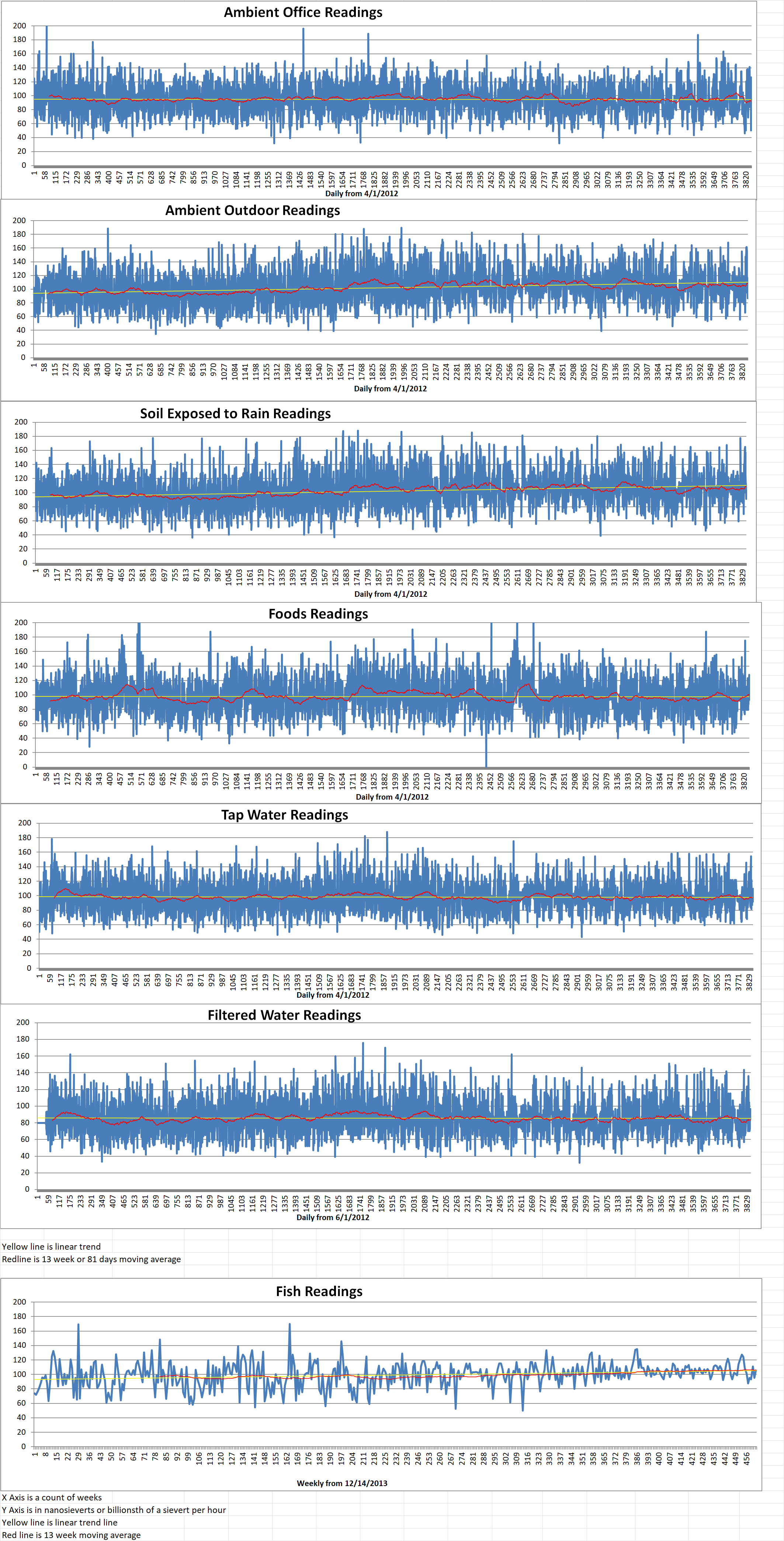
Geiger Readings for Jan 13, 2023
Ambient office = 66 nanosieverts per hour
Ambient outside = 97 nanosieverts per hour
Soil exposed to rain water = 103 nanosieverts per hour
Garnet yam from Central Market = 112 nanosieverts per hour
Tap water = 109 nanosieverts per hour
Filter water = 94 nanosieverts per hour
-
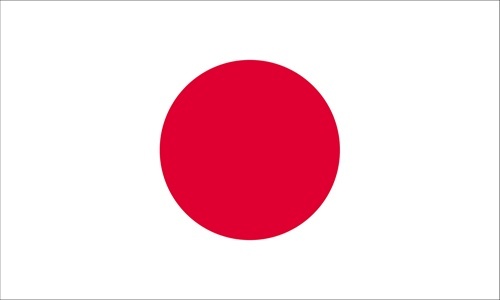
Radioactive Waste 884 – Pacific Islands Forum Is Concerned About Japanese Plans To Dump Wastewater From Fukushima Into The Pacific Ocean – Part 1 of 2 Parts
Part 1 of 2 Parts
The Pacific Island Forum an inter-governmental organization that aims to enhance cooperation between countries and territories of Oceania, including formation of a trade bloc and regional peacekeeping operations. It was founded in 1971 “to work in support of Forum member governments, to enhance the economic and social well-being of the people of the South Pacific by fostering cooperation between governments and between international agencies, and by representing the interests of Forum members in ways agreed by the Forum.”
Japan may lose its status as a Pacific Island Forum Dialogue Partner over Tokyo’s nuclear waste dumping plan. Japan is ready to start dumping a million tons of nuclear waste from the damaged Fukushima Daiichi nuclear power plant into the Pacific Ocean in just a few months. According to the Japanese authorities, the wastewater will be treated by an Advanced Liquid Processing System. They say that will remove nuclides from the water. They claim that the water to be dumped into the ocean will not be contaminated.
Last year, the Pacific Islands Forum demanded that Japan share critical information about their plan. Secretary General Henry Puna said this month that if Japan wants to keep its status, it needs to increase communication and transparency over the issue. The message to Japan appears to be “has there been a change in your attitude to the Pacific?” Puna said, “It’s a bit daunting, talking to a big sovereign country like Japan, and also a good, long-standing friend of the Pacific.” Puna’s preferred course of action is to engage Japan in a friendly manner.
Puna added, “We’re long-standing friends, and Japan is a very important partner for us in the Pacific. This issue strikes at the very heart of our being as Pacific people. We will not let it go. In fact, we are very serious and we will take all options to get Japan to at least cooperate with us by releasing the information that our technical experts are asking of them. Because all we want is to be in a position where our experts can say, ‘okay, look, the release is harmless, you can go ahead’, or ‘there are some issues that we need further discussion and further scientific research with Japan’.”
Puna continued, “They’re breaking the commitment that their Prime Minister and our leaders have arrived at when we had our high level summit in 2021. It was agreed during that summit that we would have access to all independent scientific and verifiable scientific evidence before this discharge can take place. So far, unfortunately, Japan has not been cooperating.”
Puna’s last conversation with Tokyo was just before Christmas with their ambassador in Suva.
Puna said, “Japan has come back since then, to indicate that they are amenable to a meeting with our panel of experts in Tokyo sometime early next month. But it’s important for us to avoid the frustrations that have been happening to date. I have made it clear to Japan that we will not agree to such a meeting unless Japan gives us an undertaking now or before the meeting that they will provide all information that our experts will request of them and provide them in a timely manner because time is of the essence.”
Please read Part 2 next
